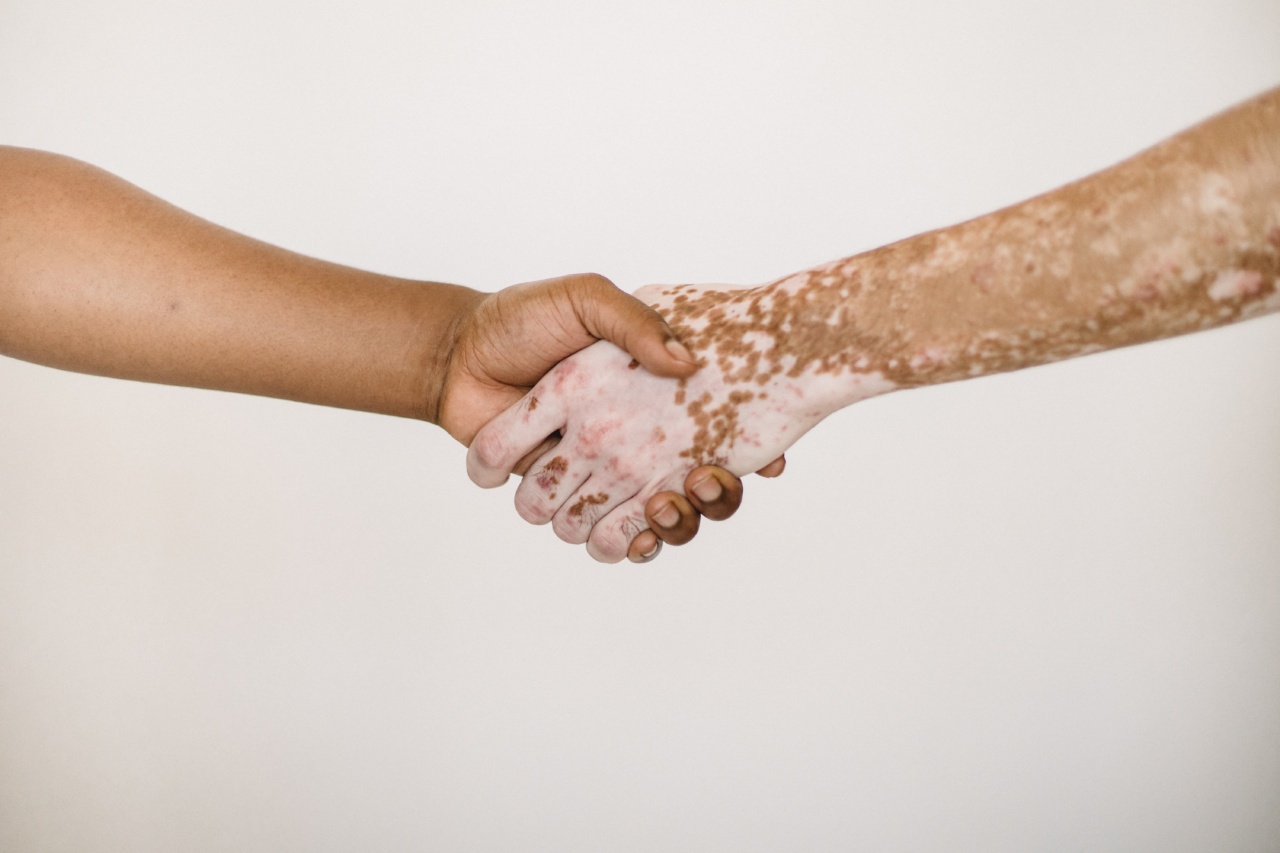Running a marathon is a great way to stay fit and healthy, and also to test your physical limits. However, not everyone is allowed to participate in a marathon.
There are certain restrictions that apply to individuals who want to run the race, and it is important to be aware of these restrictions before you embark on your training journey.
Age Restrictions
Most marathons have a minimum age requirement that needs to be met in order for a runner to participate in the race. The minimum age requirement varies depending on the marathon, but it is usually between 18 and 21 years old.
This is because running a marathon requires a lot of physical stamina and endurance, and someone who is too young may not have the necessary physical capacity to finish the race.
Health Restrictions
Running a marathon is physically demanding, and individuals who have certain health conditions may not be allowed to participate in the race.
Some of the common health conditions that can prevent someone from running a marathon include heart problems, respiratory problems, high blood pressure, and diabetes. Runners who have recently undergone surgery or have joint problems may also be restricted from participating in the marathon.
Time Restrictions
Marathons have strict time limits that runners need to adhere to while running the race. Runners who do not meet these time limits are usually disqualified from the race.
The time limits vary depending on the marathon, but they are usually set to ensure the safety of the runners and to avoid congestion on the course.
Doping Restrictions
Marathons have strict anti-doping rules that runners need to adhere to. Runners who are found to have used performance-enhancing drugs or substances are usually disqualified from the race and may also face legal charges.
Doping is considered a serious offense in the marathon community and can result in a lifetime ban from participating in the sport.
Alcohol and Drug Restrictions
Runners who are under the influence of alcohol or drugs are not allowed to participate in the marathon.
Running a marathon requires a clear mind and body, and being under the influence of any substance can be dangerous for both the runner and the other participants on the course. Runners who are found to be under the influence of alcohol or drugs may be removed from the race and may also face legal charges.
Gender and Discrimination Restrictions
Most marathons do not have any gender or discrimination restrictions and are open to all individuals who meet the minimum age and health requirements. However, some marathons may have restrictions based on gender or other discriminatory factors.
Runners who feel that they have been discriminated against may file a complaint with the race organizers or with the appropriate authorities.
International Restrictions
Runners who are not citizens or residents of the country where the marathon takes place may have restrictions on their participation.
Some marathons require international runners to obtain a visa or special clearance before they are allowed to participate in the race. Runners who are planning to participate in an international marathon should check with the race organizers about any specific restrictions or requirements that apply to them.
Conclusion
Running a marathon can be a rewarding experience, but not everyone is allowed to participate in the race.
Age, health, time limits, doping, alcohol and drug use, gender and discriminatory factors, and international restrictions are some of the factors that can prevent someone from running a marathon. Before signing up for a marathon, it is important to thoroughly read the race rules and regulations to ensure that you meet all the requirements for participation.































